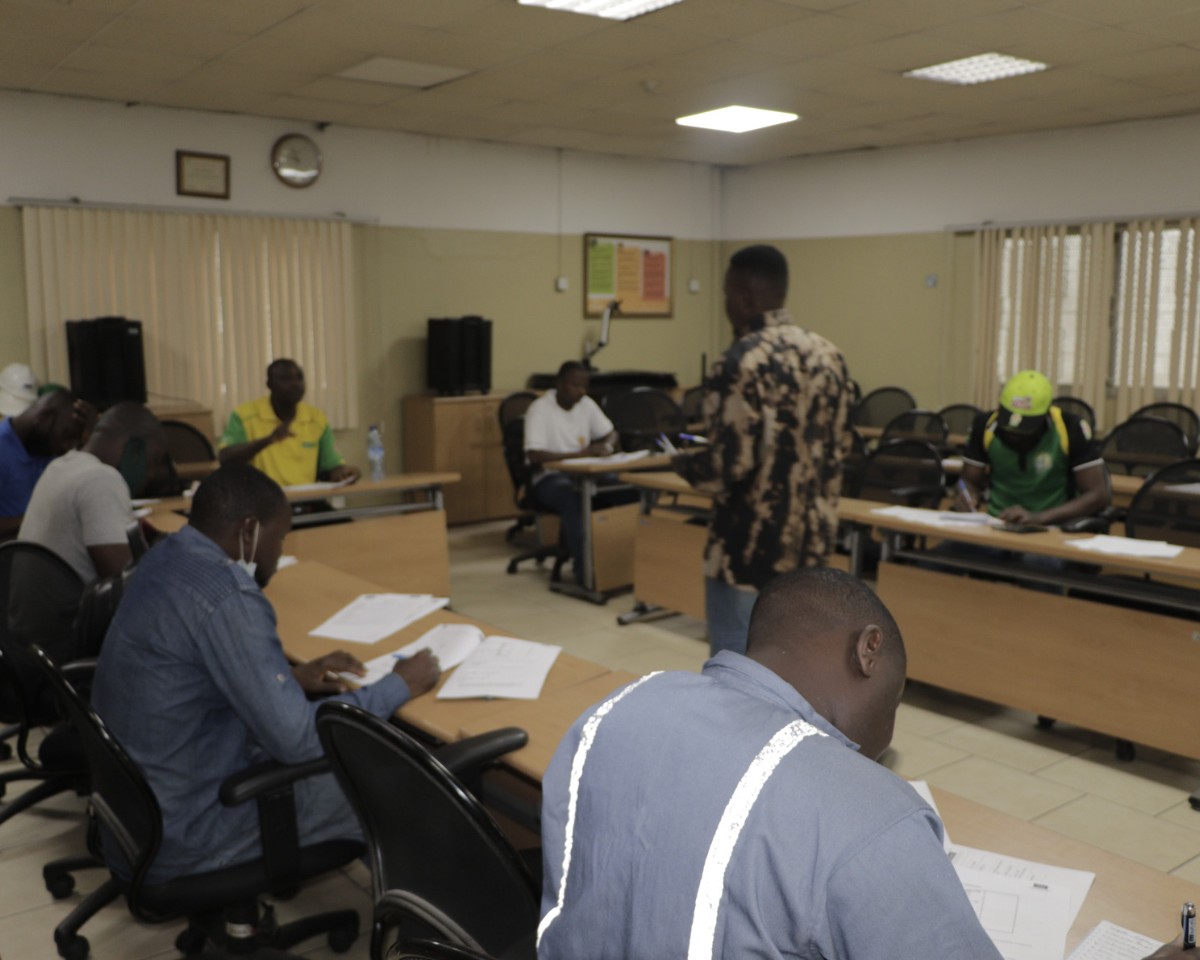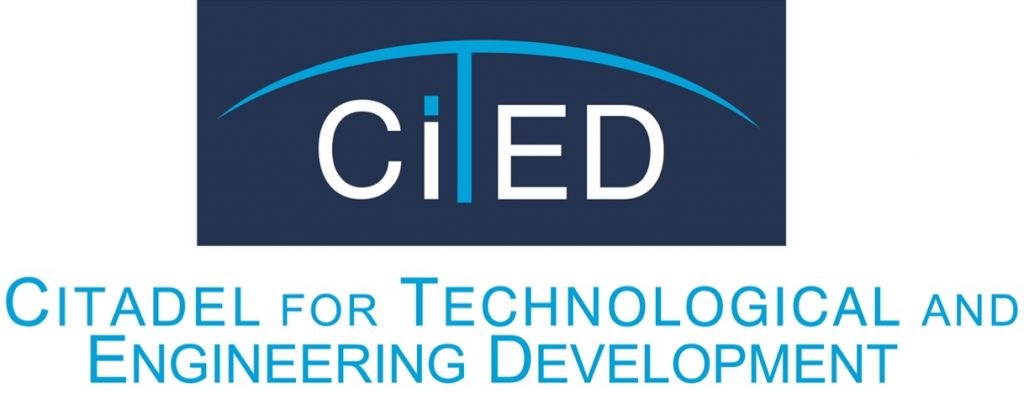Pipelines are critical infrastructure used for transporting various fluids across vast distances. This intensive 3-day training program equips participants with the necessary knowledge and skills to effectively design, operate, and maintain safe and reliable pipeline systems. Whether you're an engineer, technician, operator, or involved in pipeline management, this training will enhance your understanding and capabilities in this crucial field.

Introduction:
Pipelines are critical infrastructure used for transporting various fluids across vast distances. This intensive 3-day training program equips participants with the necessary knowledge and skills to effectively design, operate, and maintain safe and reliable pipeline systems. Whether you’re an engineer, technician, operator, or involved in pipeline management, this training will enhance your understanding and capabilities in this crucial field.
Objectives:
- Gain a comprehensive understanding of pipeline design principles and considerations.
- Learn essential operation procedures for ensuring efficient and safe pipeline performance.
- Develop knowledge of effective maintenance practices to maximize pipeline lifespan and prevent failures.
- Understand relevant regulations and industry standards governing pipeline design, operation, and maintenance.
Content:
Day 1 : Pipeline Design
- Fundamentals of pipeline hydraulics and fluid mechanics.
- Pipe materials selection and corrosion prevention.
- Pipeline routing and geotechnical considerations.
- Valve selection and placement strategies.
- Pump and compressor station design principles.
Day 2: Pipeline Operation
- Start-up, shutdown, and normal operating procedures.
- Flow monitoring and control systems (SCADA).
- Leak detection and emergency response protocols.
- Pigging operations and pipeline cleaning methods.
- Cathodic protection and corrosion control practices.
Day 3: Pipeline Maintenance
- Preventive maintenance programs and scheduling.
- Inspection techniques and non-destructive testing (NDT).
- Internal and external corrosion inspection methods.
- Rehabilitation and repair procedures for pipelines.
- Pipeline integrity assessments (PIAs) and risk management.
Conclusion:
Through interactive lectures, demonstrations, and case studies, this training program provides a valuable learning experience for those involved in any aspect of the pipeline industry. Participants will gain a comprehensive understanding of the entire pipeline lifecycle, from design and construction to operation and maintenance.

